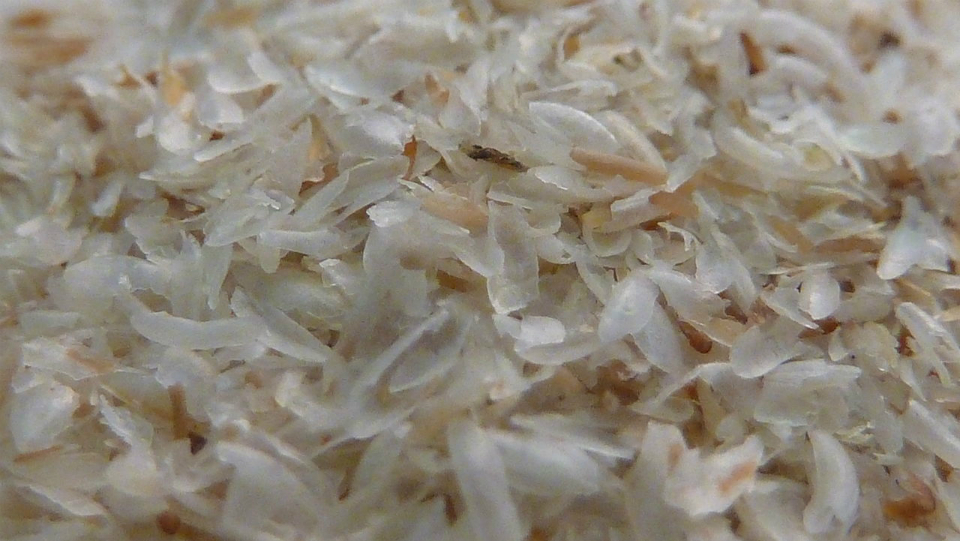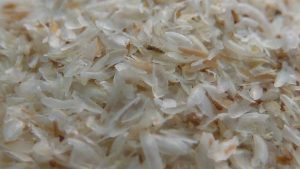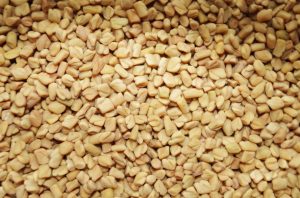Many people deal with constipation on a daily basis, but very few realize what causes constipation. Constipation is commonly defined as infrequent bowel movements that are hard and difficult to pass. The medical community defines constipation as “fewer than three bowel movements per week.”
However, you can experience constipation and still have more than three bowel movements per week. What really matters when it comes to evaluating constipation is the difficulty a person has in passing stool. Strain and struggle are not common and not part of healthy bowel function.
What Causes Constipation?
There are many causes of constipation. One of the most common is poor diet. A diet full of processed foods and few fiber sources is a recipe for constipation problems. A lack of water also contributes to constipation. Dehydration directly affects the consistency of stool. Too little water makes stool harder to pass and leads to constipation.
Constipation can also be caused by irritable bowel syndrome (IBS). This condition makes people experience alternating constipation and diarrhea. They also experience cramping, bloating and gas. IBS is managed in a variety of ways, including reducing foods that irritate the small intestine and increasing fiber intake.
Although constipation normally results from dietary imbalances, there are also other less frequent causes. Medications can also be what causes constipation. If you have recently started a medication and notice a change in your bowel movements, contact your doctor. There might be an alternative medication that you can take that won’t have the same side effects. Common medications that cause constipation are certain pain medications, anticonvulsants, diuretics, antacids, iron supplements, blood pressure medications, antidepressants and antispasmodics.
A lack of exercise can also lead to constipation. Incorporating daily exercise into your routine will help your bowels function properly. There are also many well-known benefits to exercise including improved heart rate, weight control and mood balance.
Herbs that can help relieve constipation
There are many unique herbs that can be consumed in order to put an end to the discomfort associated with constipation. Great herbs for treating issues related to hard stools include the use of Aloe Vera, Psyllium Husk, Fenugreek, and Cayenne Pepper. This article goes into a little detail on each of these herbs so that you can find out if one or more of them might work for you.
-
Aloe Vera
Aloe Vera is offered in capsules or as a juice which can be consumed to help the digestive tract and to aid the intestinal tract in moving bowels through the large and small intestines. This herb is filled with minerals, enzymes, amino acids, fatty acids, and sugars: all that work toward alkalizing the juices within the digestive tract and further assist the colon in maintaining the appropriate mucus balance so that bodily impurities can be easily removed from the system.
-
Psyllium Husk
An all natural source of high fiber, Psyllium Husk can be consumed in order to help flush out the intestinal tract. The fiber in Psyllium Husk contains an insoluble form of fiber. The fiber causes the intestinal walls to contract and to move waste through the tract with greater efficiency.
-
Fenugreek
Consumption of Fenugreek seeds helps in bulking up the waste that lodges in the intestinal tract after it moves into the tract from the stomach. This herb has natural anti-inflammatory agents which also help in alleviating any irritating gastrointestinal conditions. Fenugreek is an herb that has a high fiber content so that bowel movements become regular when this herb is consumed.
-
Cayenne Pepper
The regular use of Cayenne Pepper diminishes the potential for hardened stools, and also promotes the creation of natural digestive juices. The use of Cayenne Pepper also allows for the natural onset of peristalsis: the small muscular contractions that occur in the intestinal tract that move bowel movements through the tract and out of the body. What’s more, this herb is revered for the augmentation of circulatory processes which allows for better nutrient dissolution and assimilation in the body. If you do not care for the flavor of Cayenne Pepper, you can take capsules containing this herb instead.
How does these herbs work to relieve constipation?
Relieving constipation using triphala – Triphala is a well known herbal remedy for constipation. It is made of natural herbs like haritaki, amalaki and bibhitaki. Triphala helps in natural colon cleansing and relieving constipation.
It has astringent properties that help tighten and tone tissues while simultaneously cleansing them. This is a useful property for the entire body but Triphala is best known for improving the digestive tract. Literally from mouth to colon. Someone with bleeding gums would do well with Triphala. It helps to stop the bleeding by tightening the gum tissue and penetrating deep into the gums and cleansing them.
To use Triphala for your gums, leave a single teaspoon in a cup of water overnight. The next morning, strain out the solids and use the remaining liquid like mouthwash. Be sure to push the liquid between your teeth and thoroughly swish all around your entire mouth. Do this for between one 1 and 3 minutes.
This last option is certainly the best one to consider, before thinking of the other options. There are a few good herbal constipation remedy that users have had great success with.
References
http://www.webmd.com/digestive-disorders/digestive-diseases-constipation
http://www.nhs.uk/conditions/constipation/pages/introduction.aspx
http://patient.info/health/constipation-in-adults-leaflet
http://www.mayoclinic.org/diseases-conditions/constipation/basics/definition/con-20032773
https://en.wikipedia.org/wiki/Constipation
Related Products





Leave a Reply